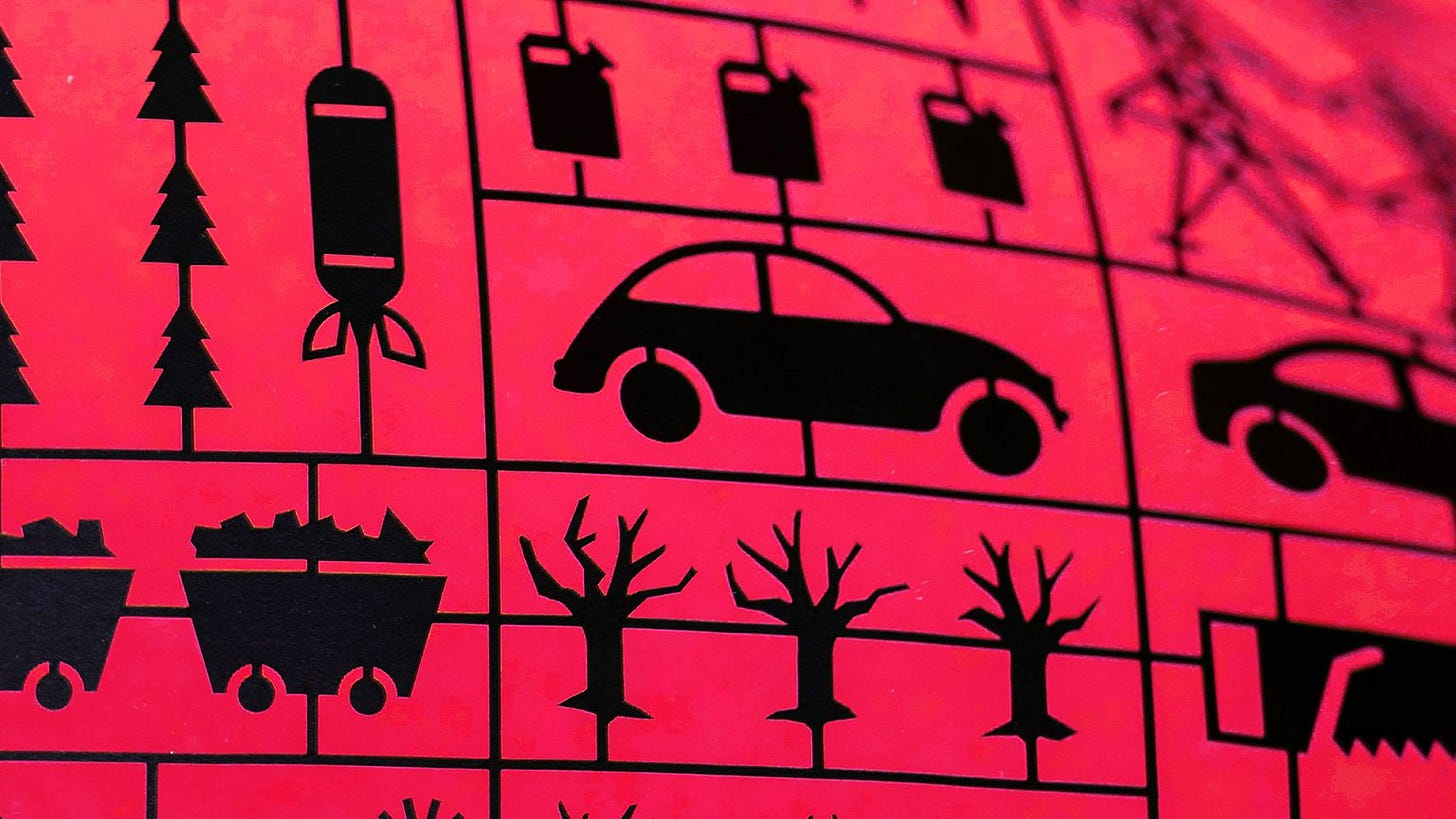Silicon Dreams and Carbon Nightmares: The Wide Boundary Impacts of AI
The Great Simplification #132 with Daniel Schmachtenberger
Artificial intelligence has been advancing at a break-neck pace. Accompanying this is an almost frenzied optimism that AI will fix our most pressing global problems, particularly when it comes to the hype surrounding climate solutions.
In this episode, I’m joined by Daniel Schmachtenberger to take a wide-boundary look at the true environmental risks embedded within the current promises of artificial intelligence. He demonstrates that the current trajectory of AI’s impact is headed towards ecological destruction, rather than restoration… an important narrative currently missing from the discourse surrounding AI at large.
What are the environmental implications of a tool with unbound computational capabilities aimed towards goals of relentless growth and extraction? How could artificial intelligence play into the themes of power and greed, intensifying inequalities and accelerating the fragmentation of society? What role could AI play under a different set of values and expectations for the future that are in service to the betterment of life?
Earlier this year, Daniel was on the show on a different topic - the idea of "naïve progress." In that conversation, he referenced a paper his team was writing. The (massive!) paper entitled "Development in Progress" has just been released on the Consilience Project website. Here is the link if you'd like to learn more about Daniel's detailed analysis on the story of progress.
In case you missed it…
There are many so-called ‘solutions’ out there that, upon first glance, seem like great ideas - yet when we look beyond the narrow scope of the immediate benefits, we discover a slew of unintended (and often counterproductive) consequences.
Last week’s Frankly offers a series of examples of modern issues using a “wide-boundary” lens - and in the process demonstrates the importance of asking “...and then what?” when thinking about our responses to future events and constraints.
If you appreciate The Great Simplification podcast…
Be sure to leave a review on your preferred podcast platform! Leaving reviews helps the podcast grow, which helps spread awareness of our systemic situation from experts in ecology, energy, policy, economics, technology, and community building so that we can better understand - and respond to - the challenges of the coming decade.
The Great Simplification podcast is produced by The Institute for the Study of Energy and Our Future (ISEOF), a 501(c)(3) organization. We want to keep all content completely free to view globally and without ads. If you’d like to support ISEOF and it’s content via donation, please use the link below.







Hi! Long time fan of your show, and of Daniel. Not a fan of AI art! Based on theft, massively wasteful. It sends a really bad signal.
I tend to agree with you, Nate, in that I think that civilization will run into resource constraints or other critical issues way before any of the really bad stuff with AI can happen.
Furthermore, does anyone else have the feeling that Schmachti is taking the claims that the perpetually over-optimistic AI cultists make a little too much at face value? It seems pretty obvious that the whole AI hype is becoming a religious cult, while more and more people in the real world question how much AI can actually deliver on the big promises made by the tech elites.
I mean, don't get me wrong, it makes perfect sense that he and others address & work on the issue, just in case. Precautionary principle and all that, considering worst-case scenarios etc...
But is it just me, or might AI never become as omniscient and powerful as Schmachti paints it to be?
I mean, looking at all the big aspirations the techies had in recent decades, they've actually accomplished VERY Little (compared to the techno-optimists earlier claims) because they ran into biological/physical barriers, due to the fact that they never understood that the important part about the term science-fiction is FICTION, not science. Their childhood dreams of teleporters, flying cars and hyperspace interstellar travel are simply not gonna happen - they're based on fantasy, and we might just as well wait for the dragons to return and save us.
We have all reason to doubt that people will ever accomplish sending people to Mars (with any reasonable chance of survival, that is). No news from Neuralink as well - may it simply be biologically impossible to achieve their goals, because brains are NOT computers and humans are not machines? And the war against aging/death has yet to produce anything meaningful beyond a few rich old dudes that look like they're from plastic and take pills by the handful, right?
AI (and high tech in general) looks more and more like a bubble, as many experts from a variety of fields have recently expressed.
Its environmental impact - regardless of its real-world capabilites - is highly concerning, though, and definitely an issue that needs to be dealt with. Those deluded people think AGI is their Savior, that will herald in a new Golden Age, so they'll try everything in their might to continue their holy work. Millennarian cults emerged during the collapse of all previous civilizations, so the transhumanists, longtermists and the AI crowd is just a modern version of a concept as old as civilization itself: if things get too scary for you to handle, you just invent an imaginary, all-powerful friend that will save you and your friends - if you pray and sacrifice hard enough.